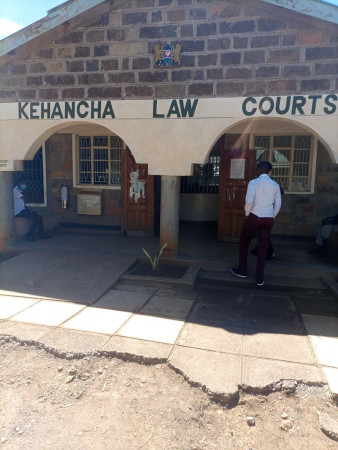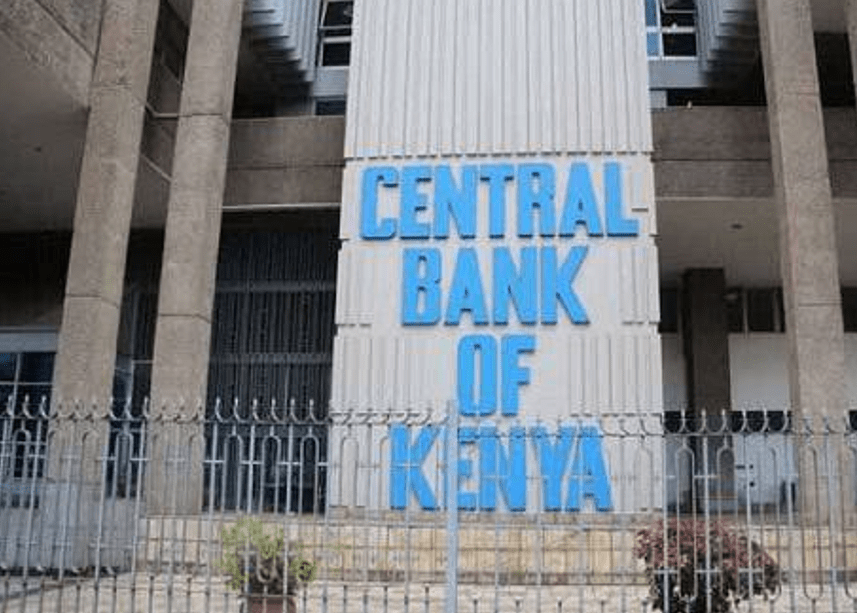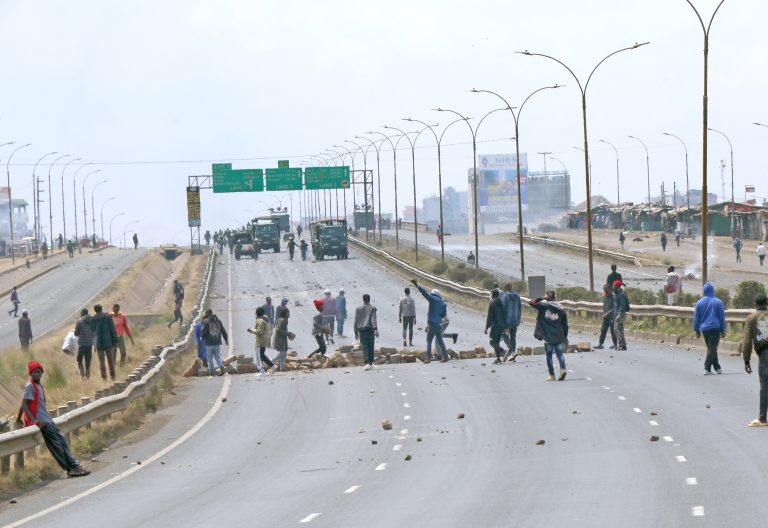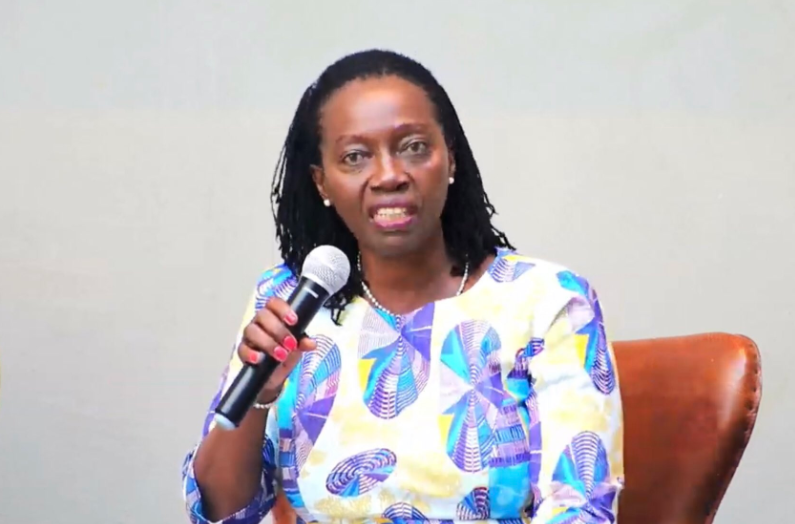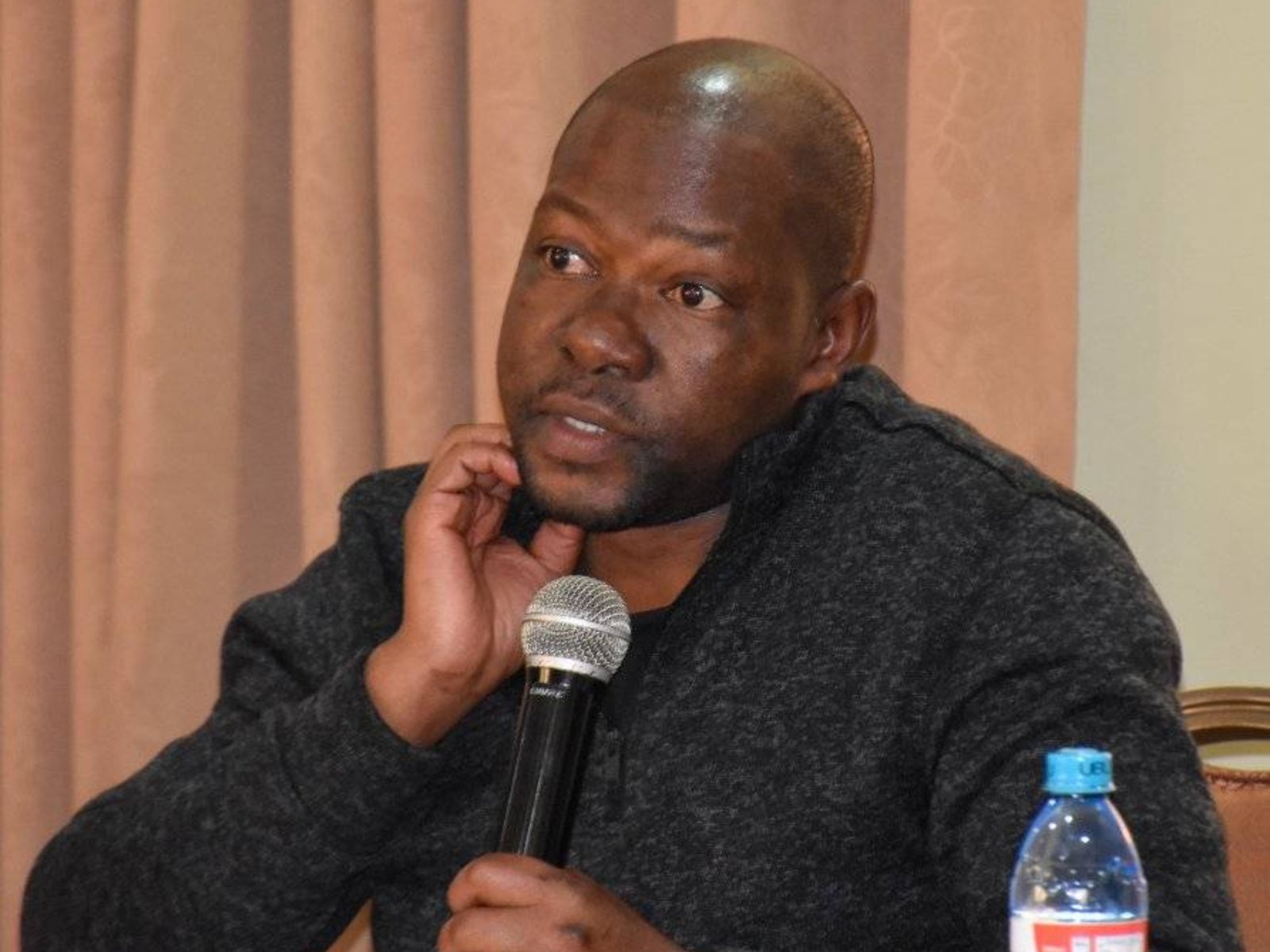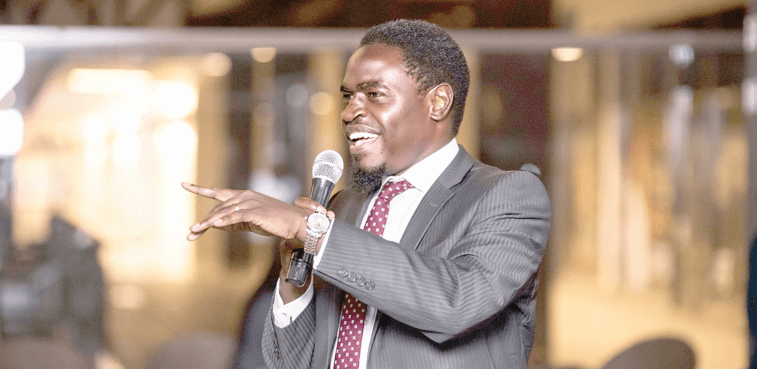Multi-agency outfit seeks to block haters, corrupt in 2022
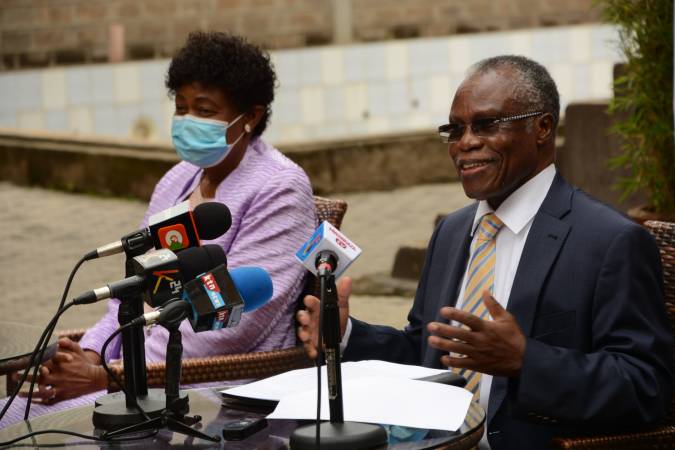
A number of leading politicians battling corruption, economic crimes and hate speech cases in court, may be barred from contesting elective seats in next year’s elections, People Daily has established.
A multi-agency team crafting a road map for the 2022 General Election has proposed that politicians battling criminal charges and those facing ethnic contempt litigation, be barred from participating in the polls.
National Cohesion and Integration Commission, (NCIC), the Ethics and Anti-Corruption Commission (EACC) and the Director of Public Prosecutions are part of a team gathering information, with a view to bar politicians facing graft and hate speech from seeking elective positions.
The agencies have separately termed as frustrating the legal principle that every person accused of any crime is presumed innocent until proven guilty.
Article 99 of the Constitution disqualifies a person from being elected a Member of Parliament, if the person is subject to a sentence of imprisonment of at least six months, as at the date of registration as a candidate, or at the date of the election.
However, the law has a rider that a person is not disqualified unless all possibility of appeal or review of the sentence has been exhausted.
Presumption of innocence
This loophole, the agencies argue, is a stumbling block to their efforts to nail graft suspects and has allowed individuals charged with offences, to seek elective seats despite their cases going on in court.
People Daily has established that NCIC is working with the Independent Electoral and Boundaries Commission (IEBC) to enact regulations, which will make it mandatory for those seeking elective seats to obtain social cohesion certificates before they are cleared to run for office.
At the same time, EACC is working with IEBC to ensure all aspirants who will be cleared to run for office, meet the threshold of the Leadership and Integrity Act, 2012.
In the past, candidates for various political seats have capitalised on the principle of presumption of innocence to get clearance from EACC and the electoral body.
“The provisions in law allowing leaders facing charges in court to exhaust all appeal mechanisms have been abused,” EACC Chief Executive Twalib Mbarak said.
He added: “EACC in collaboration with IEBC wishes to make its intention clear that we will bar politicians with questionable integrity issues from participating in the polls.”
In a recent roundtable meeting with MPs at the Kenya Institute for Curriculum Development, the anti-graft agency bosses blamed the law for frustrating their efforts.
“People keep asking us, why did we clear so and so. Our Constitution says you can only be barred from occupying a public office when all legal avenues have been exhausted,” Mbarak said.
In the run-up to 2013 and 2017 polls, there was no structured framework to ascertain the integrity of candidates since they were only required to fill a form declaring themselves fit to hold public office.
As a result, politicians facing charges of forged academic papers still found themselves on the ballot since they are yet to be convicted.
Justice Mumbi Ngugi had in 2019 ruled that governors facing graft charges be barred from accessing office. However, the affected county bosses have remained in office despite the court decision.
“We have charged nine governors and they are still in office. They still access Ifmis and exploit those windows without any shame,” DPP Noordin Haji recently said at a forum convened by Parliament’s Public Accounts Committee.
Ugunja MP Opiyo Wandayi, who chairs the National Assembly Committee on Public Accounts committee (PAC) has proposed amendments to Sections 23, 24, and 25 of the Elections Act to bar persons charged with corruption and other economic crimes from running for office.
If MPs approve the proposed changes to the laws on elections, leadership and integrity, aspirants with active court cases will be barred from running for the position of President, Member of Parliament, or Member of the County Assembly (MCA).
About 15 serving MPs have ongoing graft and other economic crimes-related cases in court, whereas at least seven MPs are currently in court over hate speech related charges.
For instance, Emurua-Dikirr MP Johana Ng’eno has been charged with two counts, namely using abusive language in which ethnic hatred was likely to be stirred up and offensive conduct during a public gathering by directing insults at the President.
On the other hand, Kapseret MP Oscar Sudi, faces two counts of hate speech and offensive public conduct.
Others facing related charges are Senators Samson Cherargei (Nandi) and Ledama ole Kina (Narok).
Cherargei faces ethnic contempt and incitement to violence charges. He is out on Sh300,000 cash bail.
North Horr MP Chachu Ganya and his Saku counterpart Ali Rasso have also been charged in connection with the Borana and Gabra inter-clan clashes in Marsabit County.
Mwingi Central MP Gideon Mulyungi and his Makadara counterpart George Aladwa are also in court. Mulyungi, a former Principal Secretary, was in October 2018 charged with hate speech directed at Uhuru. He is out on Sh200,000 cash bail.
Aladwa, on the other hand, is accused of incitement to violence arising from remarks he made at a rally in Kibera on October 8, last year, and is out on a Sh500,000 bond.
A person charged using the hate speech provisions under Section 13 of the NCIC prescribes that he or she can be sentenced to prison for up to three years and/or fined up to one million shillings.
Social media platforms
NCIC Commissioner Wambui Nyutu confirmed that the commission is tracking down politicians deemed to be perpetuating ethnic balkanisation with a view to bar them from contesting public office.
In an interview with People Daily yesterday, Nyutu said some leaders have been propagating ethnic divisions and disunity among Kenyans in total disregard of the law.
“This time NCIC will be very keen and definitely, we will block leaders found using political gatherings to perpetuate hate speech and divisions,” said Nyutu.
The Constitution, she observed, spells requirements and conditions one has to meet before seeking any elective position.
Nyutu stated that in the past, some leaders have been hiding behind their political parties to clinch elective positions, despite having a past record in spreading hate.
“Moving forward, NCIC will use its powers to see to it that individuals dividing Kenyans are not only barred from participating in elections, but also face the full force of the law,” she added.
She urged politicians to convene peaceful forums and unite Kenyans instead of dividing them along ethnic lines.
Inspector General Hillary Mutyambai has indicated that police will monitor on-the-ground utterances and posts on social media platforms by political figures.
On graft related charges, Sirisia MP John Waluke is out on bond after being convicted for illegal acquisition of Sh297 million through a suspect maize supply deal to the National Cereals and Produce Board.
Lugari MP Ayub Savula is facing charges of fraudulently obtaining Sh122 million from the Government Advertising Agency while Kibwezi West MP Patrick Musimba is charged with stealing Sh1.1 billion from Chase Bank.
Savula is eyeing the Kakamega governor seat onthe Amani National Congress (ANC) ticket.
Nandi Hills MP Alfred Keter is facing multiple counts related to forgery of Sh633 million Treasury Bills.
Mathira MP Rigathi Gachagua and his eight business associates have also been charged with alleged fraudulent acquisition of public funds and conspiracy to defraud the Nyeri County government of Sh27.4 million.
In September 2019, Kibwezi West MP Patrick Musimba and his wife Angela Mwende were charged with stealing Sh1.1 billion from Chase Bank. Musimba is eyeing the Makueni Gubernatorial seat.
In August 2019, Embakasi North MP James Gakuya was charged, jointly with 12 others, with fraudulent acquisition of Sh39,858,050 National Government Constituency Development Fund money in fictitious road construction contracts.
In May, Bobasi MP Innocent Obiri was charged with causing malicious damage to property in a quarry in Kisii. He is also accused of assault and causing actual bodily harm.
Vocal Embakasi East MP Babu Owino and his bodyguard Fanuel Owino are in court for allegedly attacking David Gichagu at Fortis Towers in Westlands, Nairobi, on January 11.
IEBC chairman Wafula Chebukati said government institutions and independent commissions have a role to play in giving Kenyans free, fair and credible elections.
“As an institution mandated to oversee elections, we need other government agencies and independent commissions to deliver on our mandate. If we all play our roles, I can assure you that elections will be free and fair,” he stated.
NCIC Chairman Prof Samuel Kobia with commissioner Dorcas Kedoga during a past press briefing in Nairobi. PD/file

